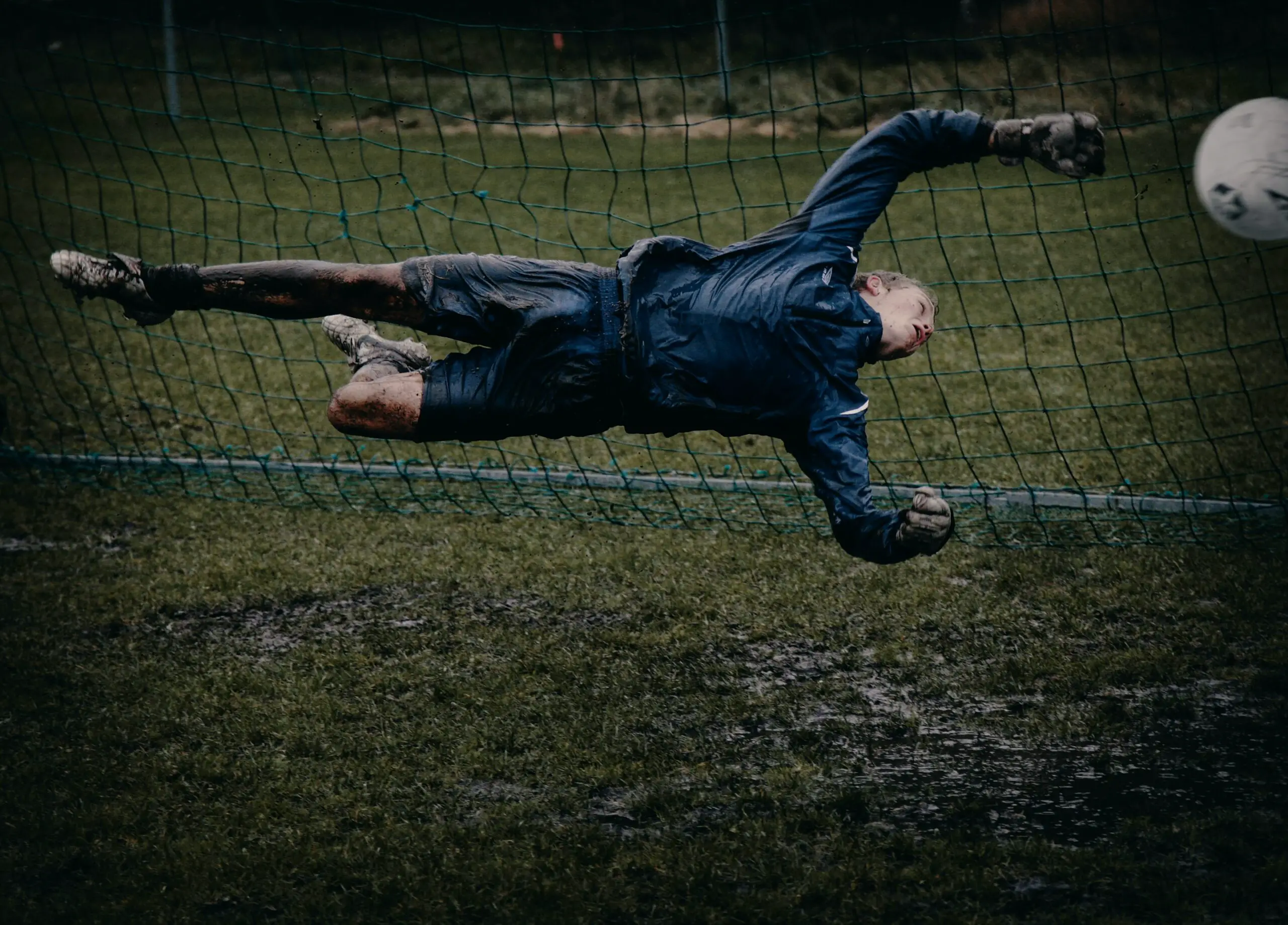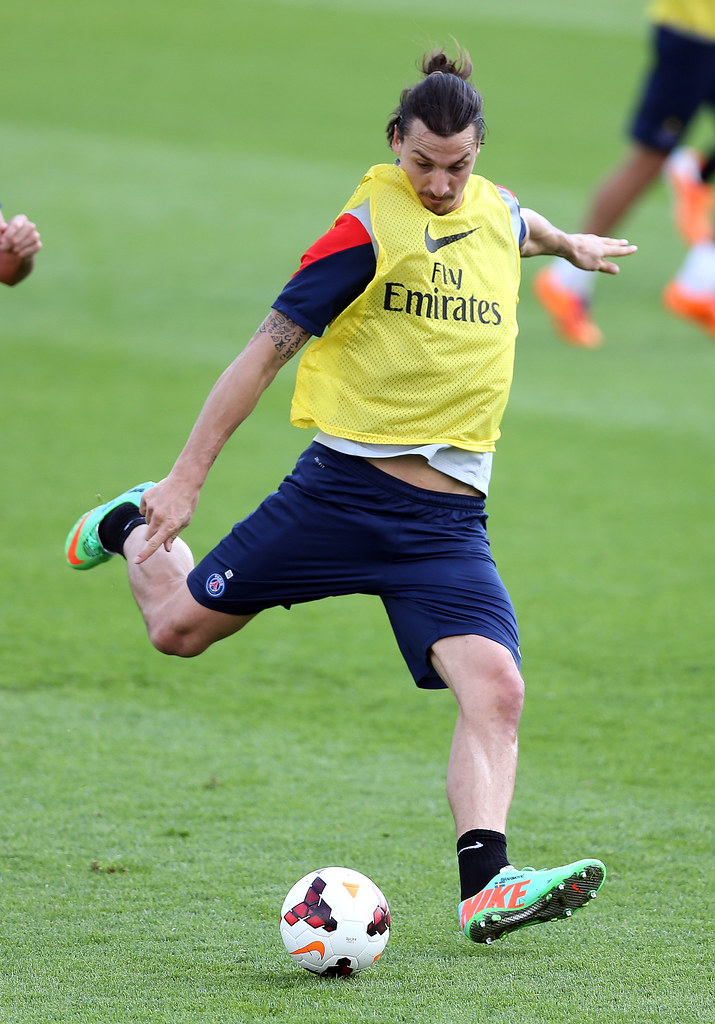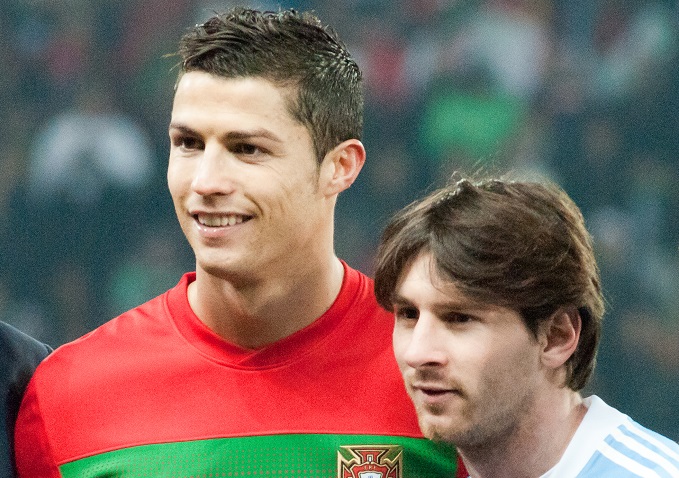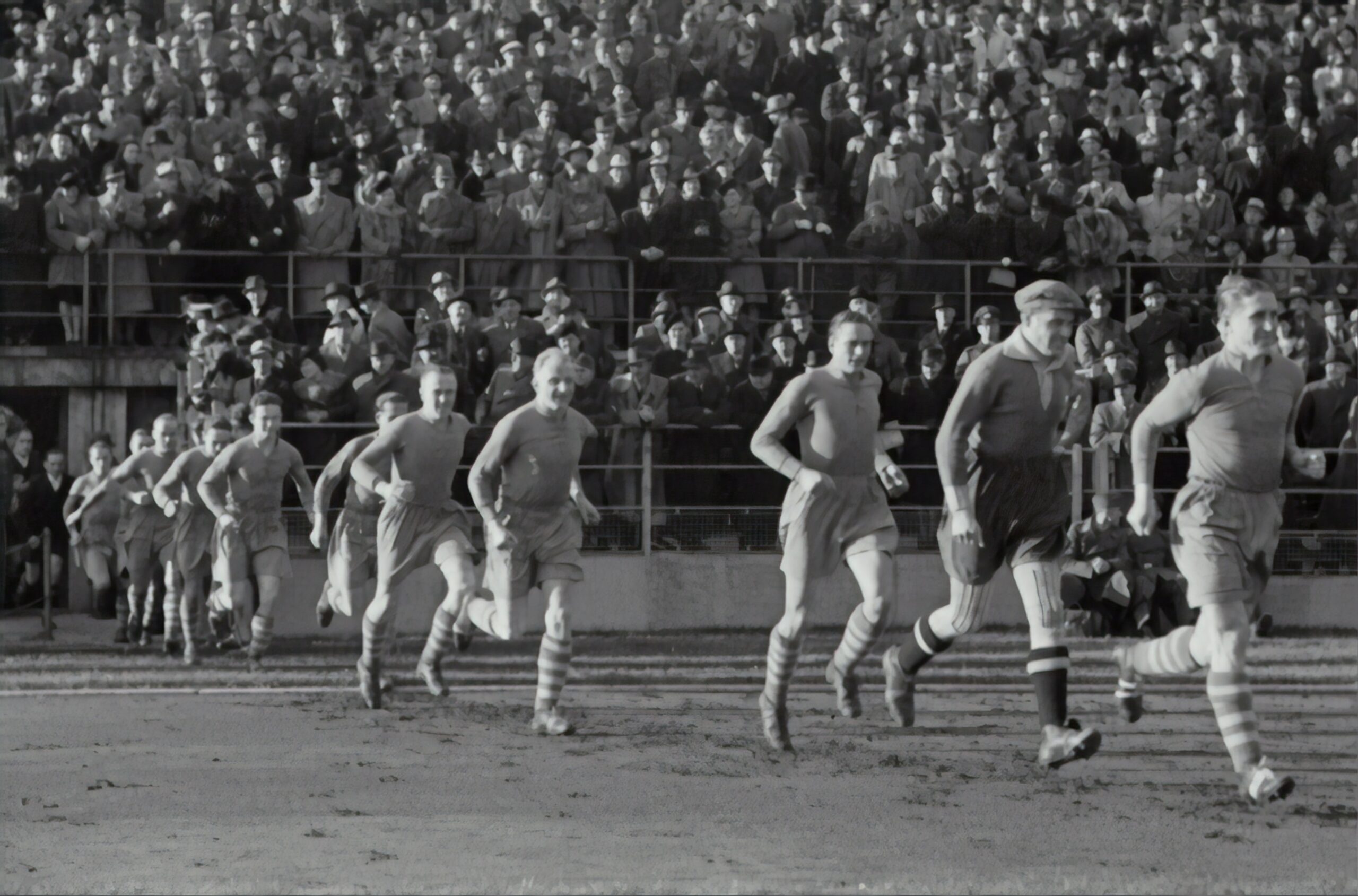For a soccer player, one of the hardest decisions comes at the latter end of their career.
It’s at this point they must decide whether to carry on for one more year.
Or to hang up their boots and embark on a brand new challenge, whether that be in the game or out of it.
However, what age do soccer players retire, and how many years can footballers really enjoy the game before they hang up their boots for good.
So in this post, I will be answering this question as well as others on footballers and the retiring stage of the career.
Table of Contents
Why Do Soccer Players Retire?
While you could say that life as a whole is short, a soccer players career is even shorter, taking up just a fraction of one’s life span.
If it was up to a player, on if they could play the sport they have likely played most of their life for the remainder, it’s something I am sure they would love to do.
However, due to aging, there becomes a point where a footballers body can no longer keep up with the high tempo nature associated with football.
A lot of retired soccer players have spoken about how, towards the end of their career, it became painful to play week in week out.
And while the love for the game doesn’t disappear, the tolerance to continue playing lessens.
So because of this, typically it’s the body that tells the footballer whether to retire or not.
If a player is feeling good and their body is holding up, they will keep on playing.
However, once the struggle starts, and it’s more painful than enjoyable to play the game, the decision is often made to retire.
What Age Do Soccer Players Have To Retire By?
But never is it forced that a soccer player should retire, especially if they still think they have a lot to contribute on the pitch.
There are a few scenarios where it can be a good idea to stop playing sooner.
For example, if a professional footballer has achieved his goals within the sport, they may go on to pursue something else.
However, unless they are towards the end of the contract and are still signed to a football club, then there is no reason to stop.
Why Do Footballers Retire At 35?
If you are keeping up with football, you will find a lot of footballers do retire at 35.
Now you may be wondering why do footballers retire at 35, and ifs it’s a coincidence.
Well, this is normally a stage in the career where the ageing process can really take hold of a soccer player.
When you get to this age, your more vulnerable to injuries.
The body takes longer to heal from matches and training.
Along with this, it’s harder to keep that match stamina for a full 90 minutes.
This is why the higher the level, the less common, older players around 35 are still playing day in day out.
The Average Age Soccer Players Retire At?
Soccer players will retire anywhere within their thirties typically.
However, the average age changes with position, as some are more demanding than others and therefore there is a range to it.
The best way to answer this question is to go over each of the positions on the football pitch.
Goalkeeper

Out of all the positions on the pitch, goalies are the players who typically have the longest careers.
The reason for this is quite simple, it’s the least demanding and doesn’t require them to run several kilometres per game.
So as long as the ability is there and they are able to pull off saves when a team needs them to.
Then it’s not too unusual to see goalkeepers play to the end of their thirties and sometimes early forties.
Gianluigi Buffon is an example of one keeper who is defying the laws of ageing by continuing to play at 43. While he finally called time with Juventus, he doesn’t seem to have plans of retiring just yet.
Average Age: 36-42
Oldest Goalkeeper To Retire: Isaak Hayik at 72 (1965-2019)
World-Class Goalkeepers That Are Still Playing:
- Maarten Stekelenburg (38)
- Pepe Reina (38)
- Samir Handanovic (36)
Centre Back
While playing in the centre of the difference requires a lot more running, it’s again a position that can be played to a later age than other positions.
That is because, to some degree, experience and defensive awareness is more important than ability.
While being able to keep up with youthful defenders and put in tackles is a necessity.
Experience is so important and can win you games.
So with defenders who are in their early to mid-thirties, they are in a stage of their career where they have been playing for years and have a vast understanding of how to play the game.
Now while losing a bit of pace at this stage, if they are still able to get about the pitch and their body still feels good, then it’s common to play into the late thirties even to a good level.
Some of the best centre backs in the world currently are well into their thirties.
However, they are still playing for some of the best teams in the world.
For example, you have Thiago Silva who, despite turning 36, was instrumental in their journey to the champions league title in May 2021.
It’s also hard not to mention Sergio Ramos, who has performing at the top level in Spain for Real Madrid at the age of 35.
It would also be wrong to not mention Vitorino Hilton, who incredibly still plays at 43 in the French top flight.
He is the oldest centre back in Europe, and with 29 games played last season, it doesn’t look like he will be retiring soon.
Average Age: 30-38
Oldest Centre Back To Retire: Vitorino Hilton at 42 (1996-Still Playing)
Other World-Class Center Backs That Are Still Playing:
- Giorgio Chiellini (36)
- Diego Godin (35)
- Leonardo Bonucci (34)
- Gerard Pique (34)
Full Back
For full-back, it’s a position that is more demanding than in the middle of the defence and as result, players are retiring more likely to retire earlier.
Now despite having a role that means trying to keep new youngsters fresh on the scene at bay, some fullbacks still hold off retirement for a few years.
Over the past few years, we have seen a few of the best players to play this position hold off until their late 30’s before retiring.
One that really stands out to me is Ex-England and Chelsea/Arsenal left-back Ashley Cole, who didn’t retire until 38.
Now to be fair, he was a player who you could tell took care of his body and took his health seriously so that he could carry on playing late.
You also have quality Brazilian full-backs in Dani Alves, who plays for Sao Paulo at 38 and Maicon.
The latter is known for scoring one of the best world cup goals of history and came out of retirement a few years ago to play for third-tier Tre Penne at 39.
Average Age: 30-36
Oldest Full-Back To Retire: Ze-Roberto at 43 (1994-2015)
Other World-Class Full Backs That Are Still Playing:
- Aleksandar Kolarov (35)
- Jesus Navas (35)
- Juan Cuadrado (33)
- Marcelo (33)
Midfielder
Out of the last two positions, the midfielder is one where players are more likely to retire. This is playing the midfield position requires you to run several km.
With all the bombing forward and then backtracking, it makes sense that it will take its toll on some players.
So what you will find is the majority of midfielders will retire between their early thirties and mid-thirties.
But just like with defenders some players age like a fine wine, and are still bossing the midfield as if they were 21 years old.
Modric who has recently 2018 won the Ballon D’Or as the best player in world football for that year, is unsurprisingly still showing his class at 36.
Average Age: 30-35
Oldest Midfielder To Retire: Rivaldo at 43 (1991-2015)
Other World-Class Midfielders That Are Still Playing:
- Andres Iniesta (37)
- Fernandinho (36)
- David Silva (35)
- Arturo Vidal (35)
- Lucas Leiva (34)
Striker

The striker position is one, where if your body is fine and you still have that desire to play, that you can still play well into your late thirties.
At an age range of 35-39, taking on defenders might not be the best solution, but many strikers in today’s game have adapted to the modern game so that they can still have an effect.
The perfect example would be Zlatan Ibrahimovic who has still not yet retired and is still pushing his body to the max.
He is still able to perform at the highest level in Serie A for AC Milan, to the point where he is one of the clubs most important players.
Despite the fact he is turning 40 later on in the year, he was still able to score nearly a goal every game with 15 in 19 appearances.
Average Age: 32-39
Oldest Striker To Retire: Kazuyoshi Miura (54) (1986-Still Playing)
Other World-Class Strikers That Are Still Playing:
- Frank Ribery (38)
- Edin Dzeko (35)
- André-Pierre Gignac (35)
- Dries Mertens (34)
- Edinson Cavani (34)
What Age Will Messi And Ronaldo Retire?

When it comes to football, the pattern is normally quite consistent.
You have players who will play their best football between the ages of 26 and 32.
However, after that, you will see signs of slowing down as they slowly approach that retirement age.
But currently, in football, there are some exceptions.
Which, to be honest are hard to explain.
That being the two best players of this generation, Messi and Ronaldo.
Who is still performing at the highest level at the ages of 34 and 36 repetitively.
While they may be a decade over many of the opposing players and even their own teammates.
They are still setting records each year and scoring bags of goals making them still desirable targets for many clubs despite their ages.
You could say these two players are freaks of nature.
However, the fact they are still playing to a ridiculous level is just a testament to them and how they have looked after themselves.
While there will be a day when they sadly leave the game, for the moment it’s not clear when Ronaldo and Messi will retire since at this rate they could easily still be playing in their early forties.
Do Soccer Players Get Paid After They Retire?
When a soccer player retires, they will either do so at the end of their current contract with a club or mutually agree to terminate a contract.
This means that player will no longer be earning a living with that club. However, it doesn’t mean that it ends there and a football player has to start from scratch.
Especially nowadays, soccer players have many paths they can go down after retirement to keep on getting paid.
The emergence of social media means they can build up a following while they are playing.
If we look at players such as Ronaldo we spoke about earlier, he is not only the most followed footballer on Instagram but the most followed individual with 307 million.
Now while money will likely never be an issue due to how successful in the game he has been, having a huge following on social media is a good backup.
Another common thing that happens to footballers when they retire, is clubs that they have been a part of will offer them jobs within the club.
So they have the opportunity to carry on earning a yearly wage, but by being a coach or director to name a few roles.


 What Do Soccer Players Do At Half Time?
What Do Soccer Players Do At Half Time?